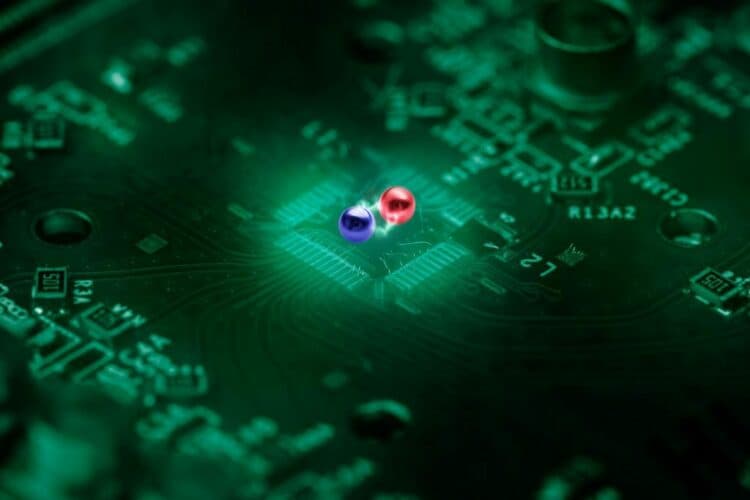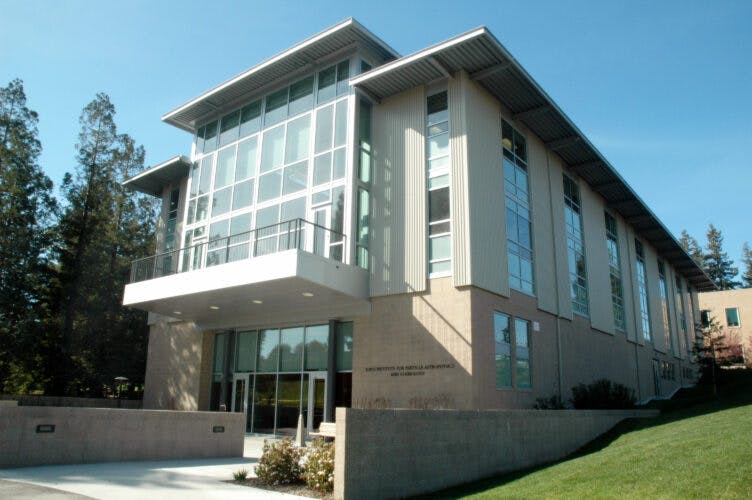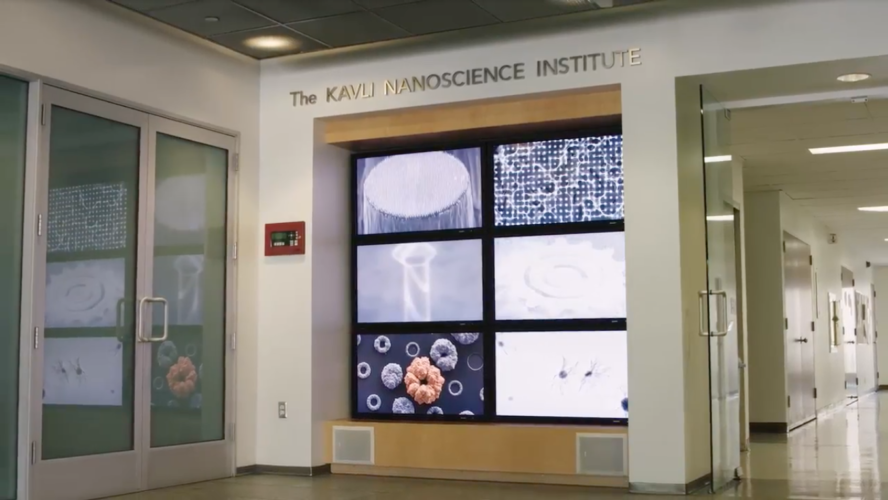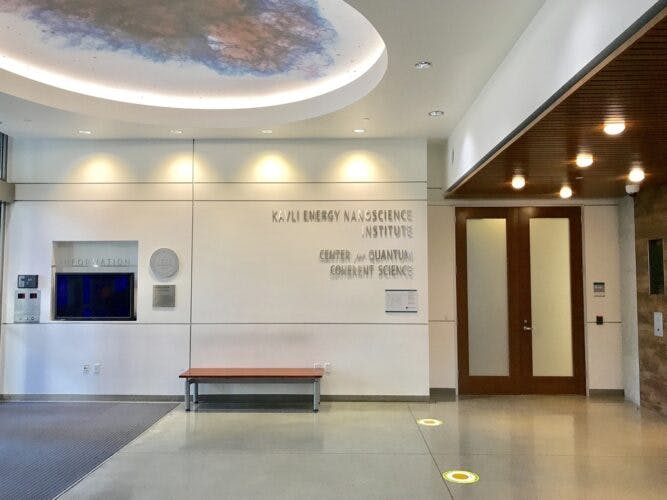
Cornell UniversityKavli Institute at Cornell for Nanoscale Science
Developing and utilizing next-generation tools for exploring the nanoscale world
The Kavli Institute at Cornell for Nanoscale Science (KIC) is focused on creating new techniques to image and dynamically control nanoscale systems and using these techniques to push the frontiers of nanoscale science. Its initial emphasis is on next-generation electron-beam and optical microscopy, physical and electronic measurement and manipulation, and optoelectronic nanocharacterization.
FOUNDED 2004
Leadership
AREAS OF INQUIRY
- Next-generation Microscopies
- Physical and Electronic Measurement and Manipulation
- Optoelectronic Nanocharacterization
Featured News
Read more about research at the Kavli Institute at Cornell for Nanoscale Science
see all newsNanoscience Research Highlights
Research highlights from Kavli Nanoscience Institutes
Jun 10, 2022
Nanoscience Research Highlights
Research Highlights from Kavli Nanoscience Institutes
May 24, 2022
Nanoscience Research Highlights
Research Highlights from Kavli Nanoscience Institutes
Apr 04, 2022
Nanoscience Research Highlights
Research Highlights from Kavli Nanoscience Institutes
Feb 14, 2022
More Institutes
At Kavli Institutes around the world, scientists explore the frontiers of science in the fields of astrophysics, nanoscience, neuroscience and theoretical physics.
see all institutesStanford University
Nanoscience
California Institute of Technology
Nanoscience
Delft University of Technology, Netherlands
Neuroscience
Johns Hopkins University
Nanoscience
University of California, Berkeley
Nanoscience
University of Oxford
Neuroscience
University of California, San Francisco
Massachusetts Institute of Technology
University of Tokyo
Neuroscience
University of California, San Diego, and the Salk Institute for Biological Studies
Theoretical Physics
University of Chinese Academy of Sciences
Theoretical Physics
University of California, Santa Barbara
Astrophysics
University of Chicago
Neuroscience
Columbia University
Neuroscience
Rockefeller University
Astrophysics
University of Cambridge
Astrophysics
Peking University-Beijing
Neuroscience
Yale University
Neuroscience
Norwegian University of Science and Technology
























